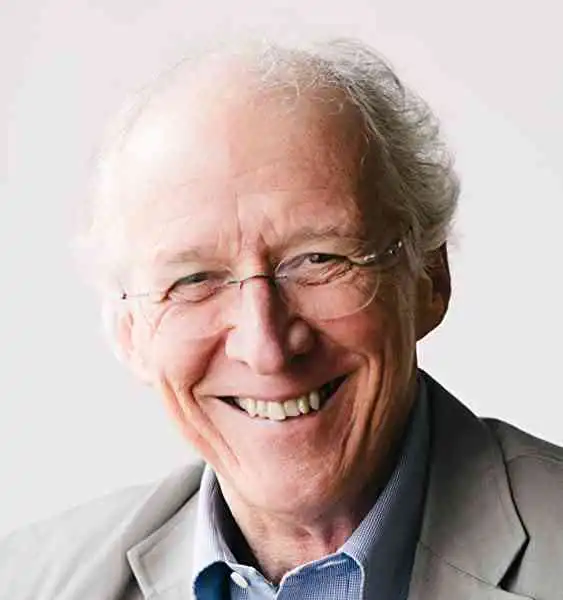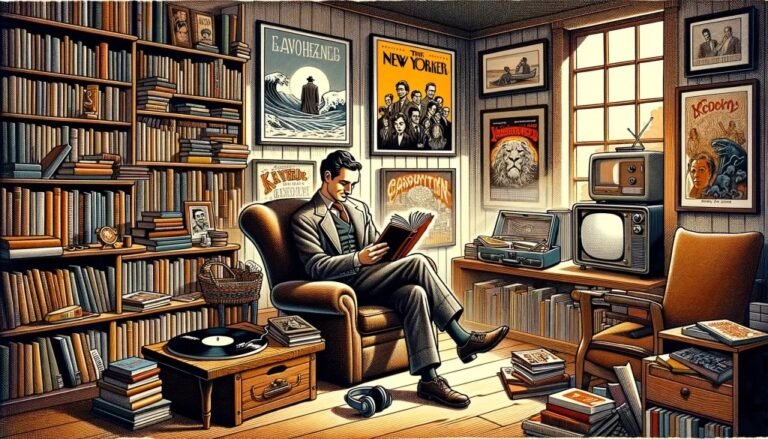“You could read twenty books by this time next year by setting aside fifteen minutes a day.”
I want to give you something really encouraging, because I know what goes through many of your minds when I say that: “I don’t have the time or the ability to get anywhere with that kind of literature if you’re talking about great books of theology.” I don’t believe that’s true. Great books are always great because they’re readable, not because they’re obscure. Obscure books are not great books.
Now, here’s the most encouraging thing I can think to say to you this morning. My pastor told me it four years ago — it changed my life. Here it is. Suppose that you can read about 250 words a minute. Now, that’s not real fast; most of us can do that — 250 words a minute. And suppose that you set aside fifteen minutes a day to read a great book — a classic or some book that you’d been longing to read that would help you grow in your wisdom, your understanding.
Now, fifteen minutes a day for 365 days is 5,475 minutes a year. Now, you multiply 5,475 times 250, and you get 1,368,750 words that you could read in a year at fifteen minutes a day. Now, an average book has about 300 to 400 words on a page. So we’ll take 350, which is kind of in the middle, and divide that into 1,368,750. And you know what you get? You get 3,910 — almost 4,000 pages a year. An average book has about 200 pages.
You see the implication of that? You could read twenty books by this time next year by setting aside fifteen minutes a day. I tell you, when I heard that, I ran home, I sat down, I got out my calendar, I looked for that fifteen-minute slot, and I found it just before supper, at 5:15, because I diddle away that time every night. And I set myself to do it.
And I read Jonathan Edwards’s Original Sin, which is a fat book, in two months at fifteen minutes a day. And then I went on to C.S. Lewis and George McDonald, and lots of other things I had been wanting to read, and I read gobs. All that reading of which I said, “There’s no hope — I don’t have time for it; I don’t have any space to fit it in,” was now getting done because there was a fifteen-minute slot that I was using that had formerly been thrown away.
There is hope. You people who think that there’s no hope, there is. You have fifteen minutes — save the fifteen minutes just before you go to bed at night. Go to bed, pick out a great classic like John Calvin’s Institutes, or Martin Luther’s Bondage of the Will or Commentary on Galatians, or John Bunyan’s Pilgrim’s Progress, or Jonathan Edwards’s Religious Affections, or some great book you’ve just been itching to read and say, “Oh, there’s no way,” and read it at fifteen minutes a day.
“There is hope. You people who think that there’s no hope, there is. You have fifteen minutes — save the fifteen minutes just before you go to bed at night.”
A big tree can be chopped down with lots of little chops. That’s a great incentive, I think, to get wisdom.
Excerpted from “Five Ways to Find Wisdom” by John Piper




Good article